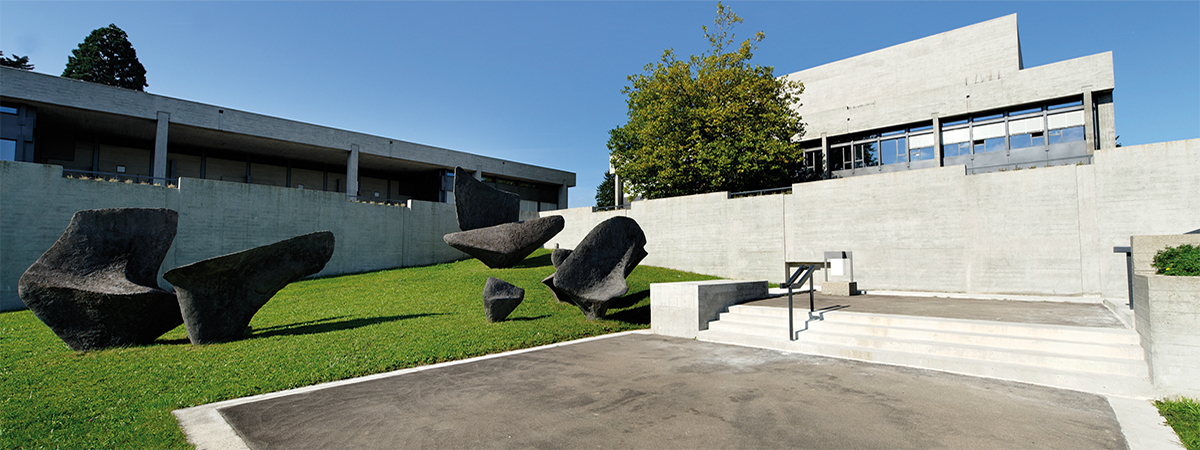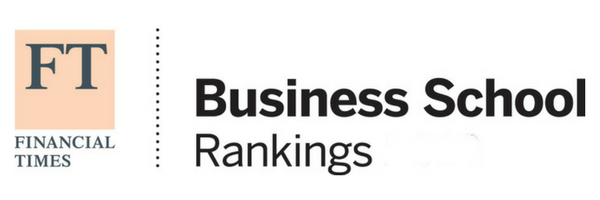
Fully funded PhD position for project on care/technologies/end of life (m/w/d)
Your tasks
“(Im-)possibilities of letting life end. An ethnography of medical specialist practices”.
The overall project provides an ethnography of the ways in which in the clinical practices of medical specialties non-life prolonging treatment and care are made possible. It consists of two case studies each focusing on one medical speciality in a clinical setting in Switzerland. One case study will be carried out by the principal investigator and one by the selected PhD researcher.
The case studies might trace, for instance, how in the mundane goings-on of providing health care to patients with life-limiting, -threatening or chronic diseases in a hospital “conservative management”, “supportive treatment”, or “palliative care” are made thinkable, discussed and implemented. The case studies might also follow the activities that physicians undertake to increase possibilities for providing non-life prolonging treatment and care in the structures they are embedded in (e.g. writing guidelines, producing scientific evidence, teaching specialist palliative care courses). Or they might zoom in on the scripts that are embedded in life-prolonging technologies, treatment protocols, in scores and indicators that are used in clinical practice. More generally, the project seeks to articulate emergences of novel forms of “good” medical care at the beginning of the 21st century.
The PhD candidate is expected to
- carry out a case study that investigates the ways in which non-life prolonging treatment and care are made possible in one specific medical specialty (that is neither paediatrics nor oncology)
- collect qualitative data in Switzerland
- complete a dissertation for a PhD degree at the University of St.Gallen
- present research outputs at conferences
- organize a workshop with the PI
Your profile
- fulfilment of the formal admission criteria of the DOK-Program
- two year's Master's degree (or equivalent qualification) in STS, Sociology, or neighbouring disciplines
- documented experience with and/or well described interest in the fields of medical STS, medical sociology or medical anthropology
- documented experience with qualitative methods, in particular ethnography and interviews
- fluency in English and either German or French
- the ability to work autonomously and collaborate in teams
We offer
- ongoing supervision by Dr. Anna Mann, the PI of the project, and Prof. Tanja Schneider, the formal supervisor
- opportunity to enrol in the DOK-Program of the University of St. Gallen (discipline: Technology Studies, SHSS)
- scientific engagement in national and international networks
- opportunity to conduct research that is both, theoretically innovative and practically relevant
- salary in accordance with the guidelines of the SNSF
Application: Please submit through the link below before the 9th August 2022
- CV
- letter of application describing your motivation and experience
- a text (max 2 pages) that describes which 3 questions you find important to investigate empirically and analytically in a project on (im-)possibilities of letting life end in medical specialist practices
- writing sample (e.g. chapter of your Master's thesis, article,...)
- copy of Master's degree diploma*
- names and contact details of two persons to serve as referees
*If you have not yet completed your Master's thesis, provide a written statement of your Master's thesis supervisor that you will do so before the beginning of the employment.
Interviews are estimated to take place via Skype in the week 35 (30th August 2022)
For questions regarding the DOK PhD-Program (Organisation & Culture) at the University St.Gallen, including its formal admission criteria, you can go to: https://www.unisg.ch/en/forschung/doktorat/organisationundkultur/zulassung (Please keep in mind that the overall framework, research question and research design are given.)

Inspirational Work Environment

Executive Education

Network

Family & Career

Equal Opportunities

Fit and Healthy

Inspirational Work Environment
At the HSG, as Europe's leading business university, we operate in an entrepreneurial environment where you will meet highly qualified, ambitious experts - both regionally and internationally. For example, you benefit from a modern IT infrastructure and, in our library via HSGswisscovery, from nationwide access to the wealth of scientific information available.

Executive Education
We support internal and external executive education opportunities. Our internal executive education programme offers you a practical, dedicated and didactically mature transfer of knowledge in the form of seminars, e-learning, coaching and collegial advice. We support task-specific external training and executive education financially as well as with regard to the time required.

Network
We promote our culture of cross-functional collaboration and create space for forging valuable relationships - also with external partners. Regular exchanges and internal events help to strengthen these relationships and make them long-lasting.

Family & Career
We provide our employees with flexible work time models with a variable number of hours per week. As a family-friendly employer, we offer part-time positions, 16 weeks of maternity leave and a subsidised crèche, as well as support with childcare during the vacations.

Equal Opportunities
The University enables equal opportunities for all employees and students. This applies to degree courses and work, as well as academic careers, university management positions and the reconciliation of studies, work and private commitments. We are committed to this with various measures in the areas of teaching, research, administration and the Presidency.

Fit and Healthy
We help you stay fit and healthy. In addition to our diverse range of sports activities at the university, most of which are free of charge, and campaign weeks for corporate health management, we also offer you fruit in the workplace. In our canteen you will find a wide selection of freshly prepared meals - from vegetarian to fish dishes - at discounted prices.
Further information on working at the HSG can be found here.
For job-related questions
Technology Studies Department
Phone: +41 71 224 29 29¨
tanja.schneider@unisg.ch
«You will be working in a dynamic, caring STS research group.»
Principal Investigator
mann.a@vol.at
«If you have any questions regarding the project or employment, do not hesitate contacting me: anna.mann@unisg.ch»
Your place of work
University of St.Gallen
«A place where knowledge is created» - As one of Europe's leading universities of economics and business administration, the University of St.Gallen (HSG), Switzerland, is committed to the education of over 10'000 students. The HSG is one of the largest employers in the region and provides an attractive and innovative environment for more than 3'500 researchers, educators and professional staff.


